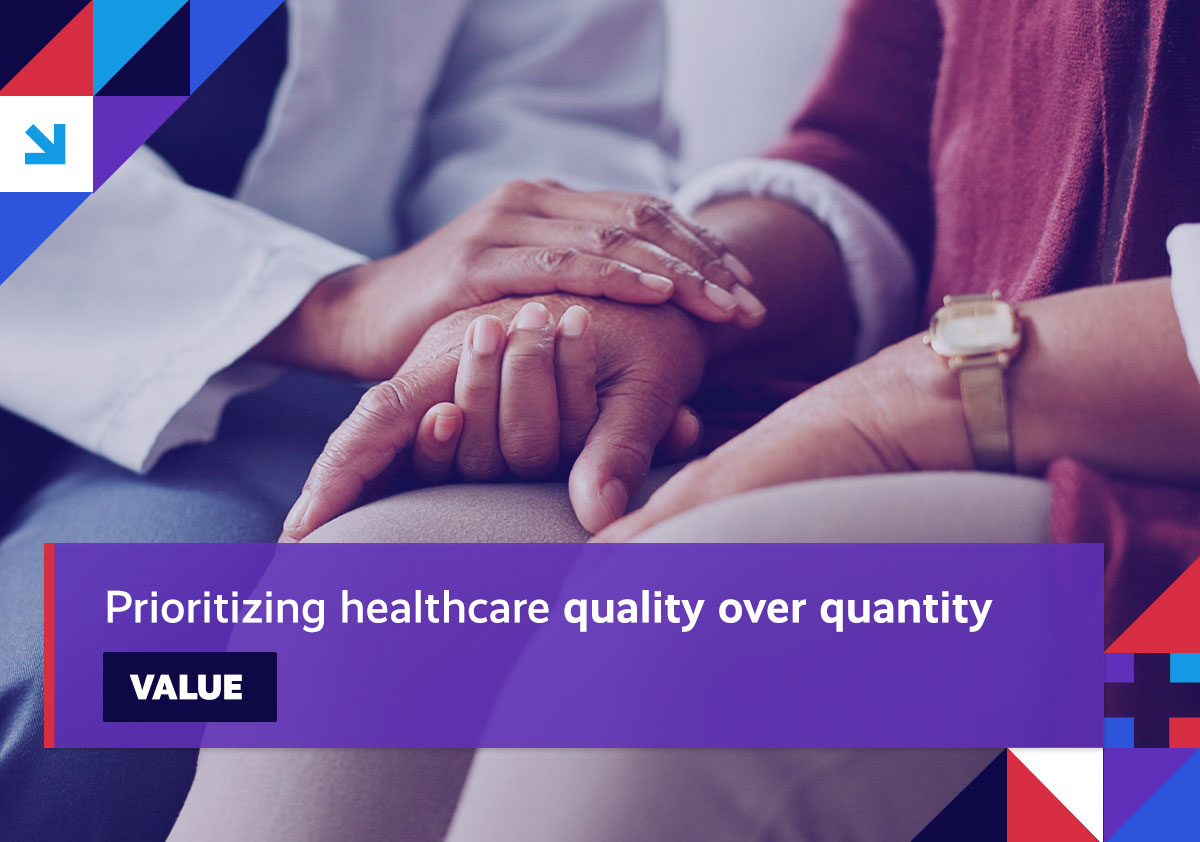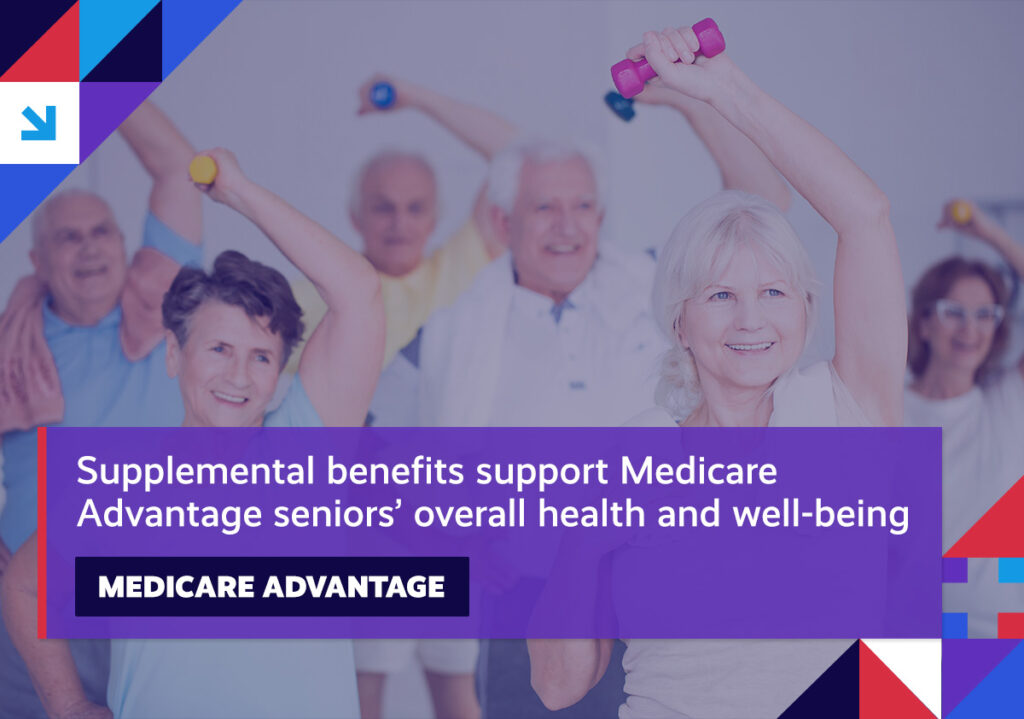A quick roundup of the issues driving the healthcare reform conversation.

Week in Review
Rx COSTS Drugmakers bear sole responsibility for out-of-control prescription drug prices.
Quick takeaway: Despite their efforts to blame everyone else for the astronomical cost of drugs in this country, stakeholders are reminding lawmakers and regulators that it’s Big Pharma who ultimately sets and raises prices, while blocking competition.
Digging deeper: Drugmakers have been largely successful in drawing focus away from the singular role they play in what American consumers pay for their drugs. But, a growing chorus of voices is working to correct that narrative, pointing out the industry’s egregious pricing practices and anti-competitive tactics, including:
- Starting off 2024 by raising prices on 775 brand-name drugs by a median of 4.5 percent
- Following those increases with another round of mid-year price hikes on an additional 195 drugs
- Setting a new record for launch prices last year, when the median annual price for new drugs reached $300,000 – 35 percent higher than the year before
- Spending more on advertising than on research and development of new drugs
- Gaming the patent system and blocking competition to the tune of $16 billion in lost savings from five drugs alone
What it means: Stakeholders urge policymakers to hold the pharmaceutical industry accountable, with an emphasis on competition, affordability, and transparency.
EMPLOYER COSTS Employers continue to grapple with rising healthcare costs.
Quick takeaway: A recent report points to three conditions being largely responsible for driving up healthcare costs for employers.
Digging deeper: As highlighted last week, employer healthcare costs are projected to grow by almost 8 percent in 2025. In addition to the rising cost of covering breakthrough weight-loss drugs, cancer treatments and cardiovascular conditions rounded out the top three cost drivers for employers.
What it means: Pharmacy costs are the main culprit for employers’ increased healthcare burden, with more than three-quarters of respondents to a recent survey saying they were “very concerned” about overall pharmacy costs. Between 2021 and 2023 the healthcare spend attributed to pharmacy for employers increased from 21 percent to 27 percent.
HOSPITAL FINANCES A look at how different hospital systems manage their finances.
Quick takeaway: A recent report challenges hospitals’ claims that large markups for patients with private coverage are needed to cover their losses from patients enrolled in public programs.
Digging deeper: To counter this claim, the study focuses on two large, regional hospitals, whose respective experiences managing their finances tell vastly different stories.
The first system, Duke Regional Hospital in North Carolina excels at delivering high quality, equitable care at prices that fall in the middle of all hospitals across the country. By comparison, Mercy Hospital Southeast in Missouri sits at the exact opposite end of that spectrum, getting poor grades for patient safety, while charging higher prices.
What it means: In their negotiations with health plans, some hospitals have argued that they need higher commercial reimbursement rates in order to make up lost revenue from treating Medicare and Medicaid patients. But, as the report highlights, more than half of all hospitals actually make money on Medicare. Additionally, one-third make money on Medicaid. And, nearly one out of ten hospitals pad their bottom line by collecting more money for charity care than they provide. The data shows that not all hospitals need to compensate for lower Medicare and Medicaid reimbursement rates by shifting costs to commercially-insured consumers.
| You can keep up with the latest by following the Health Action Network on X and by liking us on Facebook. And, be sure to check us out on LinkedIn, too. As always, let us know if there’s something you’d like to see covered in a future newsletter. |
The Health Action Network includes everyday Americans—families, workers, businesses, patients, providers, neighbors, and friends. We are working together because we support market-based solutions that offer better healthcare choices and help build a stronger economy. The Health Action Network is an Elevance Health, Inc., initiative.

